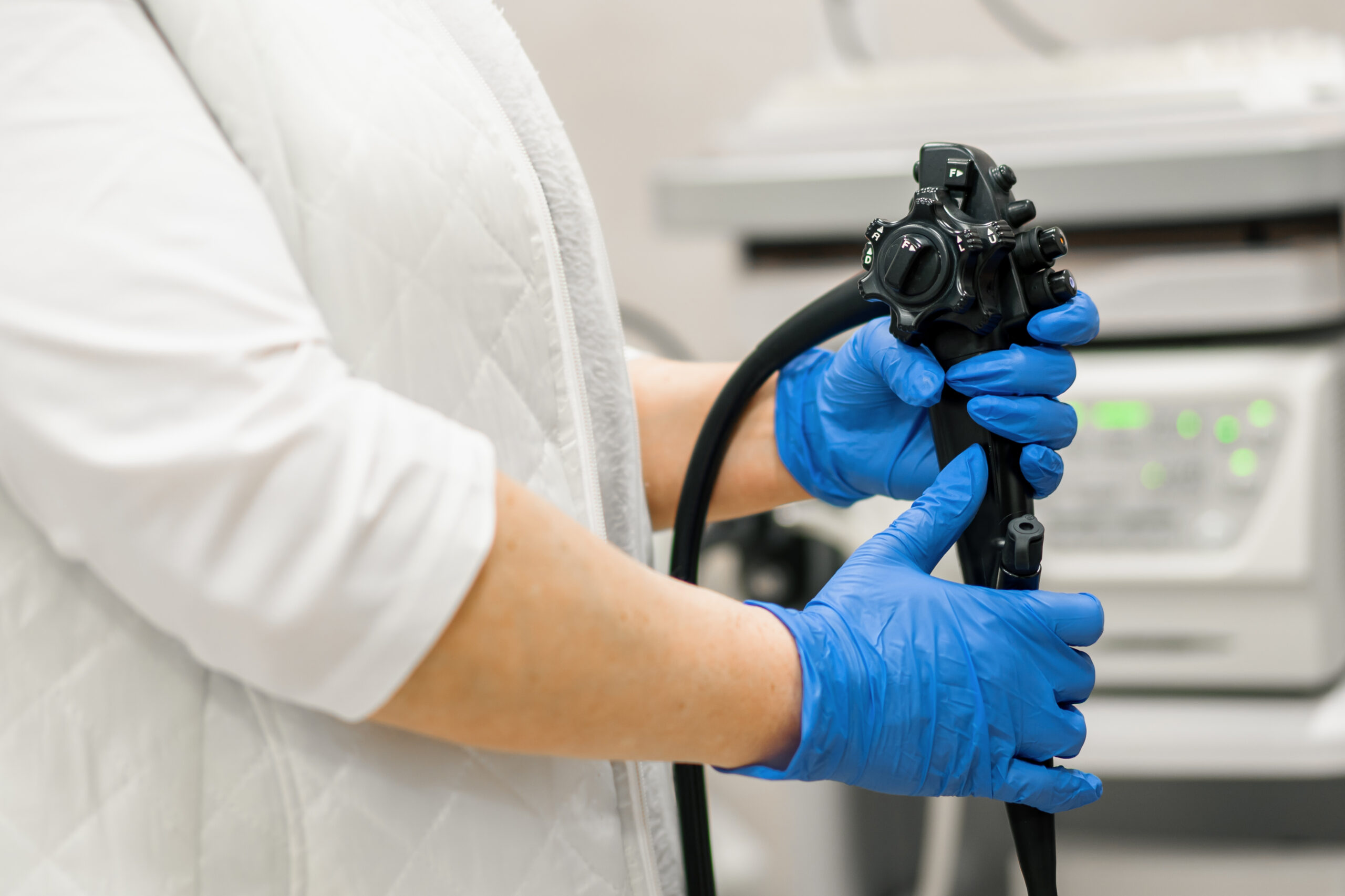When it comes to selecting the most suitable water heater for your home, the choice often comes down to two options: electric and gas. Both types have their advantages and drawbacks, making the decision a matter of personal preference, budget, and specific household needs. As a full-service plumbing and heating team, we at R.A. Nichols Plumbing, Heating & Cooling serve Cranbury, NJ, and surrounding neighborhoods with top-tier service, assisting homeowners in choosing and installing the best water heater for their unique requirements.
Below, we will provide an in-depth comparison of electric and gas water heater installations, examining critical factors like cost, energy efficiency, size, and maintenance requirements.
Cost of Installation and Operation
One of the primary factors to consider when choosing between electric and gas water heaters is the cost of installation and operation:- Electric Water Heaters: Electric water heaters are generally more affordable upfront, with installation costs ranging from $300 to $700. The installation process is simpler, as electric models do not require a gas line or venting. However, electric water heaters typically have higher operating costs due to the relatively high price of electricity.
- Gas Water Heaters: Gas water heaters often have a higher initial investment, with installation costs ranging from $700 to $2,000 or more. Factors that influence the increased installation price include the need for a gas line, proper ventilation, and a larger unit size. However, gas water heaters usually have lower operating costs since natural gas is generally less expensive than electricity.
Energy Efficiency and Environmental Impact
The energy efficiency of a water heater directly affects the cost of operation and the environmental impact:- Electric Water Heaters: Electric water heaters are often perceived as more energy-efficient than gas models, as they convert electricity directly into heat. According to the U.S. Department of Energy, electric water heaters have an average energy factor (EF) of about 0.90, indicating that 90% of the energy input is converted into usable heat. However, the source of electricity generation, such as coal or natural gas, can impact the overall environmental footprint.
- Gas Water Heaters: Gas water heaters typically have a lower energy factor, averaging around 0.60. This means that only 60% of the energy input is converted into usable heat due to standby heat losses and the energy needed for combustion. High-efficiency gas water heaters with an Energy Star rating can have EF ratings as high as 0.85. Gas heaters also produce greenhouse gas emissions, which can contribute to climate change.
Size and Space Requirements
Both electric and gas water heaters come in various sizes and require proper installation space:- Electric Water Heaters: Electric models usually have a compact design, making them suitable for homes with limited space. These units can be installed in closets, basements, or garages without the need for additional ventilation. Electric tankless water heaters are even smaller, offering increased flexibility in installation locations.
- Gas Water Heaters: Gas models, particularly storage tank types, tend to be larger and require more space for installation. Proper ventilation is necessary, and the location needs to be accessible to a gas line. Gas tankless water heaters, while smaller than their storage tank counterparts, still need adequate space and ventilation to accommodate combustion.
Maintenance and Lifespan
Ensuring your water heater operates efficiently and has a long lifespan requires regular maintenance:- Electric Water Heaters: Electric water heaters generally require less maintenance due to their simpler design. There are no combustion-related components, such as burners or venting systems, that need attention. However, regular maintenance tasks like checking for leaks, inspecting heating elements, and flushing the storage tank (if applicable) are still essential. Electric water heaters tend to have a longer lifespan, ranging from 10-15 years with proper maintenance.
- Gas Water Heaters: Gas water heaters require more frequent maintenance due to their combustion-related components. Cleaning the burners, inspecting the venting system, and checking for gas leaks are some of the critical tasks. It’s necessary to inspect for leaks and flush the storage tank (if applicable) like electric models. Gas water heaters typically have a shorter lifespan, averaging between 8-12 years with proper maintenance.









